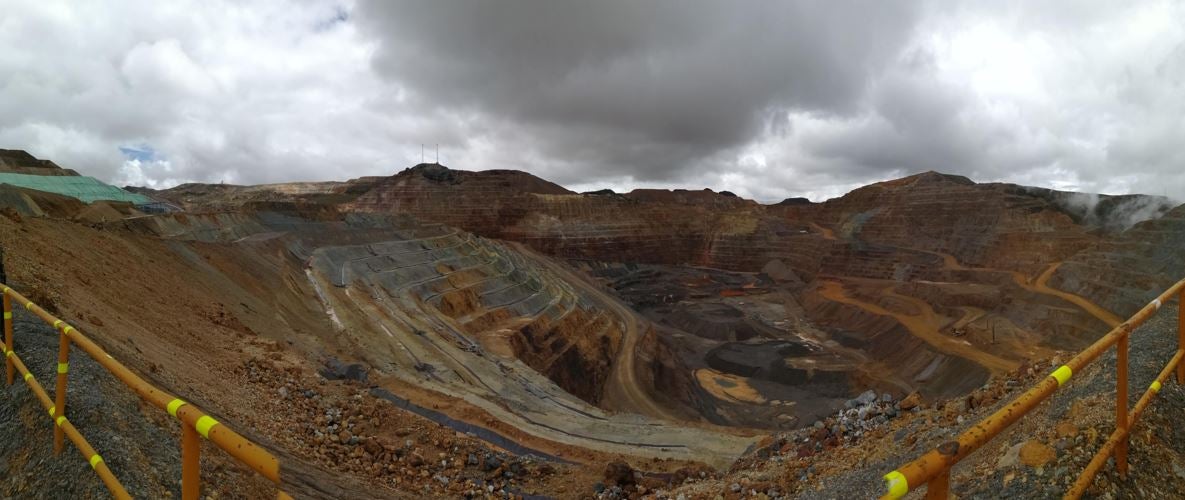
A US federal committee released its mining reform on Tuesday, recommending imposing royalties on US hardrock mineral production on domestic land via leasing.
The US has been looking to increase the supply of materials such as lithium, cobalt and nickel needed for electric vehicle (EV) production as the Biden administration looks to reduce China’s dominance of the EV supply chain.
The 168-page report by the Interagency Working Group (IWG) on Mining Laws, Regulation, and Permitting, talks about amending the 1872 Mining Law to impose royalties on hardrock mineral production on domestic land. This is similar to the long-standing royalties on oil, natural gas, coal, sodium, potassium and other minerals.
The interagency group pushed for a system of leasing federal lands for mining and encouraging mining operators to make claims promptly by increasing the fees over time. The Congressional Budget Office considered this and said that “imposing payments on mine operators with existing claims is an exercise of the government’s sovereign power to levy compulsory fees”.
The IWG looks at royalties in a range of 8%, 5% and 2%, which is “comparable to existing hardrock mineral leases on acquired lands and in other jurisdictions”.
The report also provides more than 60 recommendations to the government, “increasing public and Tribal engagement” and speeding up and making the permitting process more consistent. At the same time, it calls for protection of impacted communities, workers and their culturally and environmentally significant lands.
Criticisms from US Republicans
However, US Senator and member of the Republican Party, John Barrasso, has criticised the Biden administration’s “reckless” mining reform proposal.
.@POTUS is taking a sledgehammer to affordable, reliable energy. Today’s proposed mining reforms will force Americans to be even more dependent on critical minerals from our adversaries: https://t.co/jprrH6dJIw
— Sen. John Barrasso (@SenJohnBarrasso) September 12, 2023
“[The] proposed mining reforms will force us to buy more critical minerals from mines using forced and child labour instead of harnessing our abundant resources here at home,” he said.
He believes that if the administration goes ahead and enacts the reforms, “Americans will be even more dependent on imports from our adversaries, including China”.
However, US Deputy Secretary of Energy David Turk said: “The Department of Energy strongly believes sustainability throughout the supply chain is paramount as this administration continues to invest in America through the development of next-generation clean energy technologies. We are committed to engaging communities, ensuring we provide secure, resilient and environmentally friendly ways to source critical minerals and raw materials.”
The reform proposal pushes for federal support for research into advanced, lower-impact mining and exploration technologies, workforce development and the need for increased resources to address “abandoned and unclaimed hardrock mining sites that continue to pollute land and water throughout the country”.




